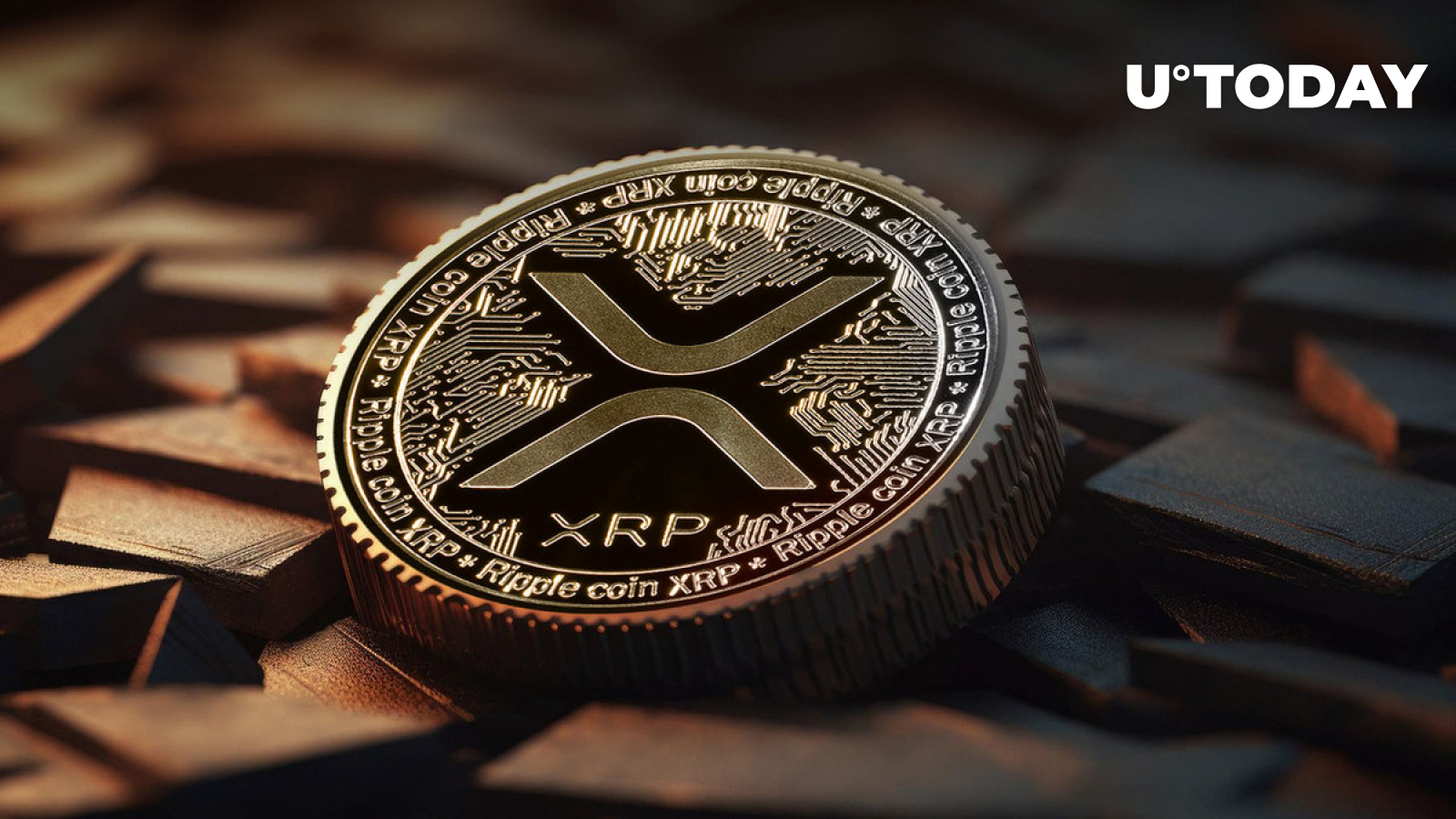In her monthly Expert Take column, Selva Ozelli, an international tax attorney and CPA, covers the intersection between emerging technologies and sustainability, and provides the latest developments around taxes, AML/CFT regulations and legal issues affecting crypto and blockchain.
Germany has risen to the top spot of Coincub’s guide to the most crypto-friendly countries in Q1 2022. The European country allows its long-term domestic savings industry to utilize crypto investments, supported by its zero-tax policy on long-term capital gains from crypto, and its number of Bitcoin and Ethereum nodes is second only to the United States.
Blockchain adoption
In 2019, Germany was the first country to adopt a blockchain strategy to harness the technology’s potential for advancing digital transformation and to help make it an attractive hub for the development of blockchain, Web3 and metaverse applications in fintech, climate tech, business and govtech, including Germany’s digital identities project.
The German Savings Banks Association — a network of 400 savings banks in German-speaking countries — started developing fintech blockchain applications to enable customers to buy and sell cryptocurrencies. Various companies such as Volkswagen, About You, SAP, BrainBot and BigchainDB have been developing NFT, metaverse, Web3, govtech and crypto payment applications that are widely used in e-commerce to purchase goods. Jacopo Visetti, an adviser to C3 — a team of operators and investors who back companies working to reduce emissions — explained to me:
“C3 is a climate tech company developing advanced technological infrastructure allowing to bridge carbon credits from international standards to the blockchain by means of tokenization.”
To fund the development of these technologies, Roundhill Investments, an ETF sponsor focused on innovative thematic funds, launched the Roundhill Ball Metaverse UCITS ETF on the Deutsche Börse Xetra, describing it as Germany’s first metaverse exchange-traded fund. Furthermore, Germany’s Fund Location Act allows pension funds, insurance companies, family offices and corporate investment funds to allocate up to 20% of their assets in digital assets.
Crypto adoption
As of the end of 2021, approximately 2.6% of Germans have used cryptocurrency. And according to a recent report from KuCoin, 44% percent of Germans are motivated to invest in crypto.

German investors can get involved with crypto and blockchain via companies and platforms such as 1inch Exchange, Nuri, FinLab, Minespider, the NAGA Group, Tangany, Coindex, CryptoTax, Upvest, Fiona, Blocksize Capital, USDX Wallet, Bitbond and the Iota Foundation, or they can shop on Sugartrends using Dash. As Mark Mason, communications and business relations manager at Dash, explained to me:
“Dash is an alternative cryptocurrency that provides financial freedom without borders. It accelerates financial inclusion by allowing people to use their phones as bank accounts. It is decentralized, permissionless and censorship-resistant.”
Related: What the SEC can learn from the German regulator
Germany is among the top 10 countries for crypto mining and is home to the European Union’s largest mining company, Northern Data — which is powered almost entirely by renewable energy. Crypto mining is taxable as a business.
Startups
Numerous blockchain startups have settled in Germany’s crypto capital of Berlin, with fintech angel investor Christian Angermayer’s Apeiron Investment Group backing Berlin-based Denario and Penta, as well as Cologne-based Nextmarket and Frankfurt-based Northern Data.
Paycer, a Hamburg-based fintech startup company specializing in cryptocurrencies and decentralized finance, is developing a bridge protocol that will aggregate DeFi and cross-chain crypto services and combine them with traditional banking services.
Berlin-based fintech startup Forget Finance, on the other hand, focuses on motivating young people to save and invest in crypto…
Read More: cointelegraph.com









 Bitcoin
Bitcoin  Ethereum
Ethereum  Tether
Tether  Solana
Solana  USDC
USDC  XRP
XRP  Lido Staked Ether
Lido Staked Ether  Toncoin
Toncoin  Dogecoin
Dogecoin  Cardano
Cardano  Shiba Inu
Shiba Inu  Avalanche
Avalanche  TRON
TRON  Wrapped Bitcoin
Wrapped Bitcoin  Polkadot
Polkadot  Chainlink
Chainlink  Bitcoin Cash
Bitcoin Cash  NEAR Protocol
NEAR Protocol  Polygon
Polygon  Litecoin
Litecoin  Internet Computer
Internet Computer  Fetch.ai
Fetch.ai  Uniswap
Uniswap  LEO Token
LEO Token  Dai
Dai  Pepe
Pepe  Hedera
Hedera  Ethereum Classic
Ethereum Classic  Render
Render  Aptos
Aptos  Immutable
Immutable  First Digital USD
First Digital USD  Wrapped eETH
Wrapped eETH  Cosmos Hub
Cosmos Hub  Cronos
Cronos  Filecoin
Filecoin  Mantle
Mantle  Arweave
Arweave  Stellar
Stellar  Stacks
Stacks  OKB
OKB  The Graph
The Graph  Renzo Restaked ETH
Renzo Restaked ETH  dogwifhat
dogwifhat  Arbitrum
Arbitrum  Bittensor
Bittensor  Optimism
Optimism